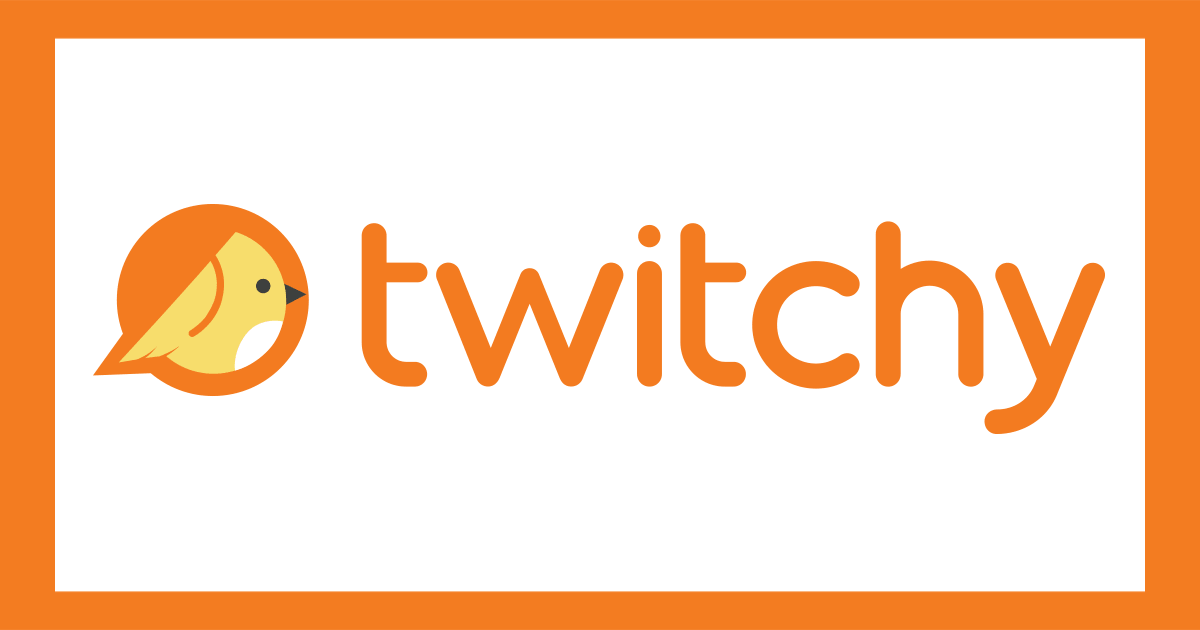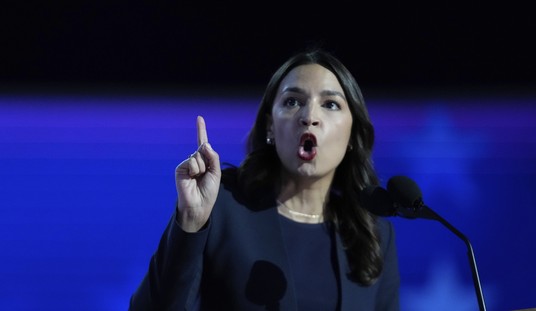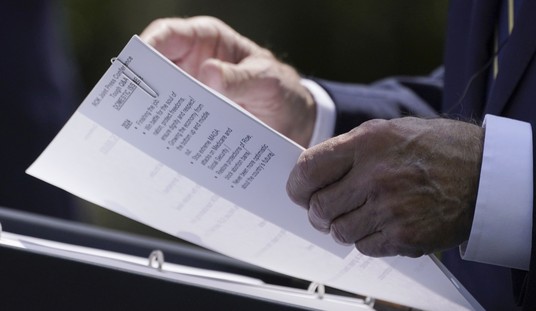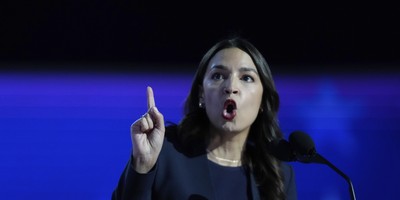Yesterday, Dr. Leana Wen revealed the shocking news that the highly restrictive policies set in place to protect Americans from COVID have actually had some pretty serious negative effects on a lot of people, leading to, among other things, an increase in the prevalence of alcoholism. Who could’ve foreseen a problem like that? Other than anyone with even a rudimentary grasp on the importance of good mental health?
Anyway, it’s OK for Dr. Wen to point out that the pandemic has hurt people’s mental health because the Democrats are in charge (for now, at least) and because even people who were very gung-ho about the need for lockdowns and heavy restrictions at the outset of the pandemic have realized the damage those policies have caused.
And now people like New York Times senior writer David Leonhardt, who has written about the havoc that COVID mitigation efforts have wreaked on kids, can talk more about how attempts to stop the spread of COVID have a record of backfiring, without being terrified of as much blowback as they would’ve gotten before.
Now it can be said. https://t.co/udnAImBEM5
— Karol Markowicz (@karol) April 22, 2022
Now it can be said:
On Sunday, I spent nearly five hours flying home from the West Coast. For long stretches of the flight, whenever the crew was serving food and drinks, many passengers were not wearing masks. Even when people did have their masks on, many wore them below their noses.
🧵— David Leonhardt (@DLeonhardt) April 22, 2022
Which is to say: Even before a judge struck down the transportation mandate, it's wasn't much of a mandate. It was more an aspiration than a reality.
The Covid virus doesn’t take a break from spreading so that you can enjoy the in-flight beverage service.
— David Leonhardt (@DLeonhardt) April 22, 2022
As Michael Osterholm, a University of Minnesota epidemiologist, puts it, a mask mandate with as many exceptions as the airline mandate is like a submarine that closes three of its five doors.
— David Leonhardt (@DLeonhardt) April 22, 2022
So how should we be thinking about masks at this point in the pandemic? Three thoughts:
— David Leonhardt (@DLeonhardt) April 22, 2022
1. Masks are less valuable today than they were a year or two ago.
Covid vaccines are universally available in the U.S. for adults and teenagers, and the virus is overwhelmingly mild in children. Treatments for vulnerable people are increasingly available.
— David Leonhardt (@DLeonhardt) April 22, 2022
And consider this: About half of Americans have recently had the Omicron variant of Covid. They currently have little reason to wear a mask, for anybody’s sake.
— David Leonhardt (@DLeonhardt) April 22, 2022
Together, vaccines and treatments mean that the risks of severe Covid for boosted people seem to be similar to the risks of severe influenza.
The U.S., of course, does not mandate mask wearing every winter to reduce flu cases. No country does.
— David Leonhardt (@DLeonhardt) April 22, 2022
Exactly. There doesn’t seem to be any real scientific logic behind the desire to force people to wear masks in public indefinitely.
2. Masks — when used correctly — really can reduce the spread of Covid.
What does "used correctly" mean?
* N95 or KN95
* Actually worn over mouth and nose
* Worn consistently. No snack breaks that allow highly contagious Omicron to spread.— David Leonhardt (@DLeonhardt) April 22, 2022
Fortunately, one-way masking reduces Covid transmission. People who want to wear a mask because of an underlying health condition, a fear of long Covid or any other reason can do so. When they do, they deserve respect.
Use N95 or KN95!https://t.co/OUoDncpjDR
— David Leonhardt (@DLeonhardt) April 22, 2022
And even people who oppose perma-masking are fine with others who choose to wear masks. Even without a mandate, people are free to continue to wear their masks wherever and whenever they want. The problem is when the people who decide to continue to mask up expect everyone else to do the same, even if it’s not scientifically or medically necessary.
“One-way masking works,” as @AmeshAA, an infectious-disease specialist at Johns Hopkins University, says. When Dr. Adalja is treating tuberculosis patients, they are typically maskless, and he wears an N95 mask to protect himself.
— David Leonhardt (@DLeonhardt) April 22, 2022
3. The mask mandates we've had have often been the worst of all worlds: high burden, low benefit. People have been required to wear them for hours on end, causing exhaustion and polarization. Yet the mandates have included so many exceptions as to undermine their effectiveness.
— David Leonhardt (@DLeonhardt) April 22, 2022
Like exceptions for athletes or celebrities or liberal politicians.
No wonder liberal U.S. communities haven't had much less Omicron spread than conservative communities. And there is little evidence of school mask mandates working. And Hong Kong, where standard masks are very popular, has just endured a horrific Covid wave.
— David Leonhardt (@DLeonhardt) April 22, 2022
If Covid surges again and there is reason to impose more mandates, they'll be far more effective if they're stricter and narrower, rather than broad and lenient.
It's a basic principle of public health. People should asked to make changes that matter. https://t.co/cgfJi5LjcN
— David Leonhardt (@DLeonhardt) April 22, 2022
Leonhardt’s thread takes a very reasonable and thoughtful approach to masking and mask mandates and COVID mitigation — so naturally it will still piss off hardcore pro-mask-mandate advocates. But if the government is even remotely interested in sound COVID policy going forward, they’ll take a long, hard look at what Leonhardt has said and take it to heart.
This entire thread, but especially this. The selling point on masking now should be "you have the technology to keep yourself safe regardless of the actions of others if you need it and that's a good thing." https://t.co/vYxIeWaFsN
— Noam Blum (@neontaster) April 22, 2022
























Join the conversation as a VIP Member